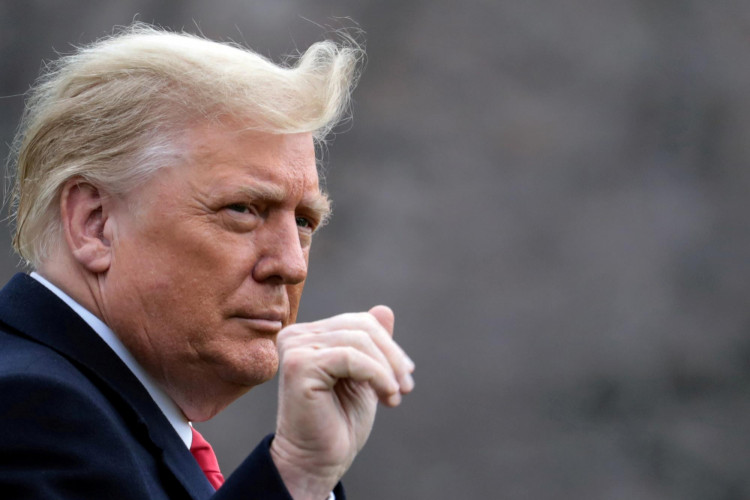The U.S. Supreme Court is set to take up the monumental question of whether former President Donald Trump can claim "absolute immunity" from criminal prosecution for his efforts to stay in power after the 2020 election. The case, Donald J. Trump v. United States, presents an unprecedented constitutional quandary for the court, as Trump seeks to quash the federal charges brought against him by special counsel Jack Smith.
Trump, who has pleaded not guilty to four felony counts, including conspiracy to defraud the U.S. and obstruction of an official proceeding, argues that as a former president, he enjoys immunity from criminal prosecution for any "official acts" during his tenure. His attorneys contend that denying criminal immunity would "incapacitate every future President with de facto blackmail and extortion while in office, and condemn him to years of post-office trauma at the hands of political opponents."
Two lower courts have resoundingly rejected Trump's immunity arguments, with the U.S. Court of Appeals for the District of Columbia warning that accepting his constitutional theory would "collapse our system of separated powers" by putting a president above the law. Special counsel Smith argues that Trump's assertion lacks historical precedent and undermines the founders' vision of a presidency restrained in power.
"The effective functioning of the presidency does not require that a former president be immune from accountability for these alleged violations of federal criminal law," Smith wrote in his brief to the justices. "To the contrary, a bedrock principle of our constitutional order is that no person is above the law -- including the President."
Legal experts believe it is highly unlikely that the Supreme Court, with its conservative majority and three Trump appointees, will endorse Trump's sweeping assertion of "absolute immunity." However, they predict that the justices may provide guidance on where presidential immunity from criminal prosecution ends for actions taken while in office.
"There's a real likelihood that the Supreme Court will give some concrete guidance on the exact amount of protection a president is entitled to," said Jim Trusty, former legal counsel for Trump and a former federal prosecutor. "There are still likely to be factual issues that the lower courts will then have to decide as to where President Trump's actions fit within this continuum of protected or unprotected conduct."
Jonathan Turley, a practicing criminal defense attorney and professor at George Washington University, believes the justices may find that presidents do require some level of immunity, even for certain criminal acts. "The justices may find that presidents do require immunity, even with regard to some criminal acts," Turley said, adding that "any remand would work significantly in the former president's favor on a tactical level."
If the case were to be remanded back to the lower court, the process could make a trial before the November election less likely. The Supreme Court's decision is expected before July, potentially as soon as mid-May.
Trump's legal team has argued that the impeachment process is the only check on a president's conduct allowed by the Constitution, even as they concede that a president who is impeached, convicted, and removed from office could subsequently face criminal prosecution for the same acts. Trump was impeached by the House in 2021 over his efforts to overturn the 2020 election results but was later acquitted by the Senate after he had left office.






